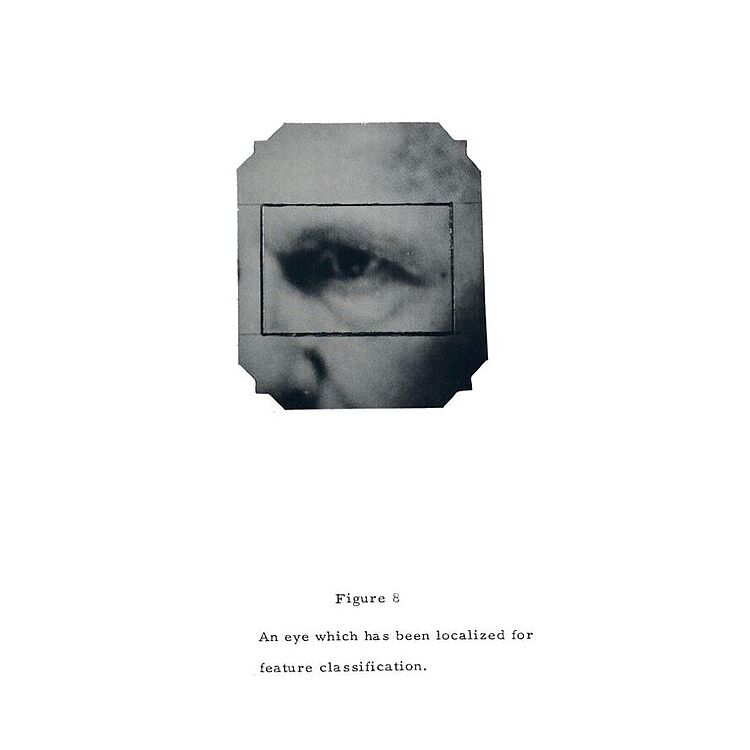Online Teilnahme:
https://zoom.us/j/95603412698?pwd=lWi9j5gEC1WV5VKIx8RbQOYKsaCJIQ.1
Meeting-ID: 956 0341 2698
Kenncode: 135860
Aaron Gluck-Thaler
Classification as Explanation: The History of Pattern Recognition in Three Parts
Abstract
Patterns are a ubiquitous scientific object. Scientists across disciplines routinely recognize patterns in a wide range of social and physical phenomenon, from patterns in culture to speech, images, signals, and largescale datasets. This talk situates patterns and their recognition historically, focusing on three critical inflection points. In the early twentieth century, anthropologists working in the United States began conceiving of social life as organized in patterns. Following World War II, cyberneticists researched how patterns could be broken down into formalized rules. In the 1960s, a scientific field devoted to pattern recognition emerged. Its research soon became foundational to the fields of machine learning, machine vision, and artificial intelligence. Departing from the notion that pattern recognition is an inevitable or intrinsic facet of science, the talk foregrounds the contingency of pattern recognition as a technique for producing knowledge about the world.
CV
Aaron Gluck-Thaler is an Assistant Professor at the University of Toronto’s Munk School of Global Affairs & Public Policy, where he holds the Professorship in Data Sciences and is a Faculty Affiliate at The Citizen Lab. Aaron’s research focuses on the history of surveillance, artificial intelligence, and science and technology in the Cold War. His current book project examines the role that scientists played in the emergence of data-intensive surveillance in the 20th century. Aaron received his PhD in the History of Science from Harvard University.
Aaron holds a BEng in Mechanical Engineering from McGill University, a MSc in the Social Science of the Internet from the Oxford Internet Institute, and a MSc in the History of Science, Medicine, and Technology from the University of Oxford, where he was a Rhodes Scholar. Aaron’s research projects have been supported by the Social Sciences and Humanities Research Council of Canada, the Institute of Electrical and Electronics Engineers, the Frank Knox Memorial Fellowship, Harvard’s Weatherhead Center for International Affairs, the Charles Babbage Institute, and the American Philosophical Society, among other organizations.

 Bild: The Briscoe Center for American History, The University of Texas at Austin.
Bild: The Briscoe Center for American History, The University of Texas at Austin.